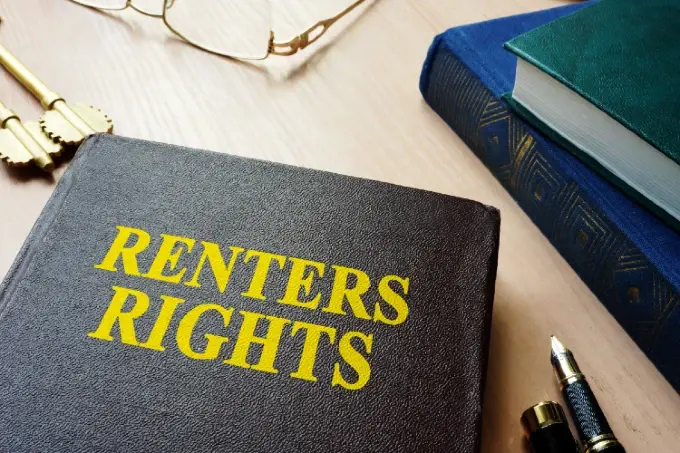As the Renters’ Rights Bill reaches the Report Stage in the House of Lords on 1 July 2025, landlords and letting agents are being urged to take action now. While the Bill may not receive Royal Assent until late autumn, its implications for the private rental sector (PRS) are impending - and delaying could prove costly.
At Coles Miller Solicitors, we’re already helping clients prepare for what will be the most significant change to tenancy law in a generation.
What Is the Renters’ Rights Bill?
The Renters’ Rights Bill was originally introduced to rebalance the rights of tenants and landlords in the private rental sector. The goal was to improve security, affordability, and conditions for renters across England.
Key proposals from the original Bill include:
- Abolition of Section 21 ‘no-fault’ evictions
- Creation of a national Private Rented Sector (PRS) Database for all landlords
- Greater accountability for letting agents, including civil penalties for non-compliance
- Strengthened minimum housing standards
- Enhanced protections for tenants facing eviction or disrepair issues
With the cost-of-living crisis, rent rises and increasing demand for safe and secure homes, the Bill is positioned as an important step toward tenant protection. But it also introduces complex new obligations for landlords and agents - many of which will have legal and financial consequences.
What happens next?
The Bill’s Report Stage in the House of Lords on 1 July marks the final phase in that chamber before it begins its ‘ping-pong’ process - where amendments are debated and passed between the House of Lords and House of Commons.
While the Bill is unlikely to pass before the summer holidays, legal commentators suggest it will receive Royal Assent in late 2025, meaning landlords should use this window to prepare.
What should Landlords and Letting Agents do now?
Our experts at Coles Miller are advising all landlords and property professionals to take the following steps now:
- Review Section 21 options immediately
The abolition of Section 21 will significantly reduce a landlord’s ability to regain possession without providing a specific reason. If you currently have grounds and plan to issue a Section 21 notice, we strongly recommend doing so without delay - once the Bill is law, this route will no longer exist.
- Get ahead on PRS database compliance
All landlords will be required to register on a new Private Rented Sector Database. Registration will likely include property details, safety certification, and compliance declarations. This will be a legal requirement, with potential fines for non-compliance—applicable to landlords and letting agents alike.
- Budget for compliance costs
Landlords must prepare for new administrative and operational costs:
- Database registration fees
- Potential increases in property maintenance to meet new standards
- Legal support for updated agreements and possession notices
- Audit tenancy documents and agreements
Now is the time to review your tenancy agreements, rent review clauses, and eviction procedures. We are helping landlords to future-proof their contracts so that they remain enforceable under the new legal framework.
How Coles Miller Solicitors can help
Our landlord and tenant department has substantial experience advising landlords locally throughout Dorset and across the country. We are currently assisting clients with:
- Valid service of Section 21 and Section 8 notices
- Preparing for PRS database requirements
- Updating tenancy agreements in line with proposed reforms
- Dispute resolution and possession claims
- Advising letting agents on compliance and best practice
Whether you’re a portfolio landlord, accidental landlord, or a letting agent managing properties, now is the time to act - not when the Bill becomes law.
The Renters’ Rights Bill is reshaping the legal landscape for landlords. While the reforms aim to increase tenant security and housing standards, they also bring significant responsibility for those letting residential property.
At Coles Miller, we ensure you remain compliant, competitive and confident in your rental operations, whatever your situation is.
Get Expert Legal Advice
If you are a Landlord or Landlord Agent, and seek professional advice on your properties, please contact Eric Holt at Coles Miller Solicitors LLP.






.webp)

